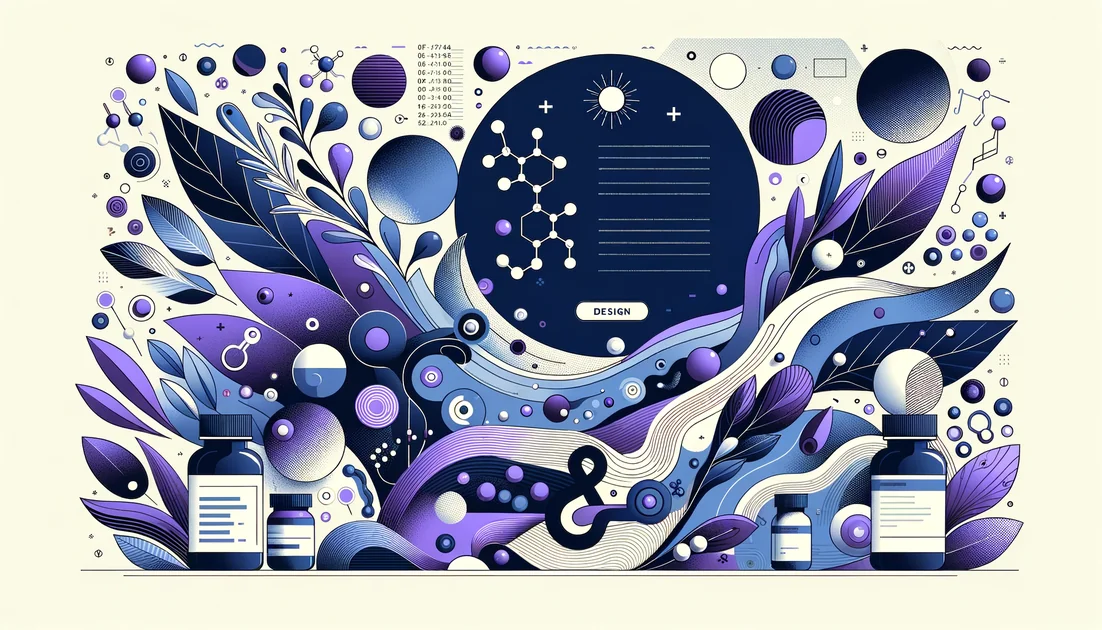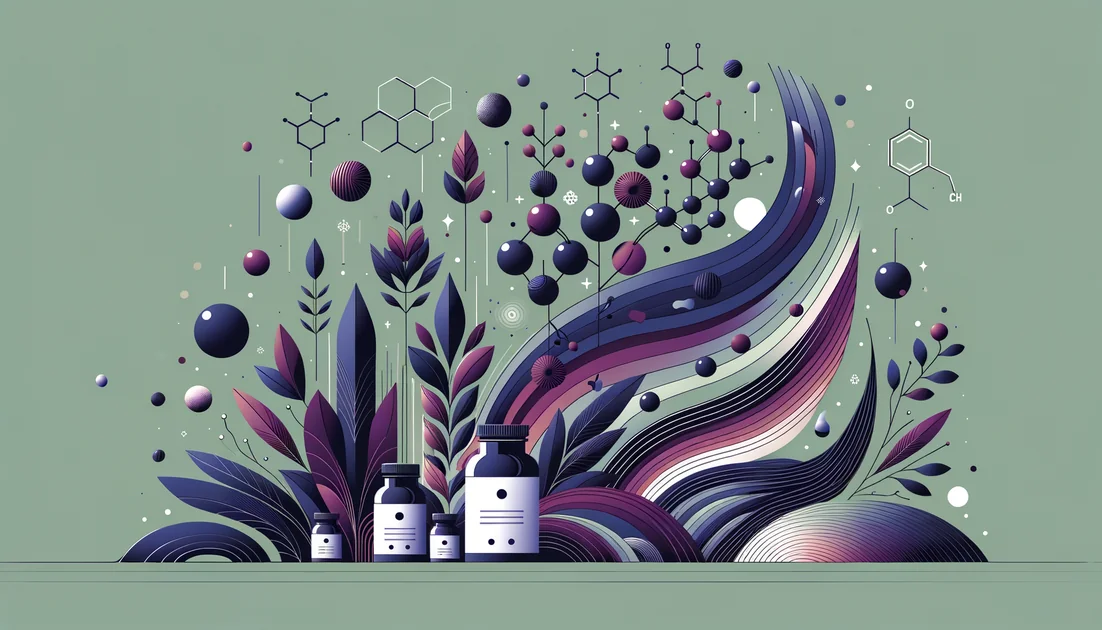
From Sour Milk to Precision Microbes: What Probiotics Can—and Can't—Do
In 1908 Paris, a Nobel laureate hinted that sour milk might slow aging. In 2023, U.S. regulators warned hospitals after a premature infant died following a probiotic. Between these poles lies the real story of probiotics: powerful in the right context, disappointing—or even risky—in the wrong one.
- Evidence
- Promising
- Immediate Effect
- Within days for antibiotic-associated diarrhea prevention; otherwise minimal immediate effects. → 3–8 weeks for symptom change in IBS-type complaints.
- Wears Off
- Benefits typically fade within 2–4 weeks after stopping if no underlying diet change.
The first ferment
A century ago, immunologist Élie Metchnikoff marveled at the longevity of Bulgarian villagers and suspected their yogurt—teeming with lactic-acid bacteria—kept harmful gut microbes in check. He drank sour milk daily and popularized the idea that friendly microbes could aid health, seeding a cultural wave that still ripples through grocery aisles today.[2] Decades later in Japan, physician-microbiologist Minoru Shirota isolated a hardy lactic-acid strain and built Yakult so ordinary people could access it—a public-health mission in a tiny bottle.[3] Fast-forward to the 21st century, and science has given "probiotics" a precise meaning: live microorganisms that, in adequate amounts, confer a health benefit on the host. The definition matters because not every microbe—or product—qualifies.[1]
What they are—and what they aren't
Here's the first twist: fermented foods and probiotics overlap but are not identical. Many fermented foods are delicious and may be healthy, but only products with well-characterized strains shown to benefit humans get to wear the probiotic badge.[5] That's why a jar of kimchi and a capsule with specific strains play different roles. A second twist: benefits are strain-specific and condition-specific. The American Gastroenterological Association (AGA) combed through the evidence and found support for only a few clinical situations—prevention of certain antibiotic-related problems, prevention of pouchitis recurrence, and protection in specific preterm-infant scenarios—while recommending against or not endorsing probiotics for most other digestive conditions. "Patients taking probiotics for Crohn's, ulcerative colitis or IBS should consider stopping," said guideline chair Dr. Grace L. Su.[4][11]
The post-antibiotic paradox
You've probably heard: take a probiotic with antibiotics to restore your microbiome. The reality is more nuanced. In elegant human studies, researchers led by Eran Elinav performed endoscopies to sample the gut lining and found that generic probiotic mixtures colonized some people but not others, and stool tests alone missed the story. Their conclusion: colonization is highly personal, guided by your existing microbiome and biology.[6] In a companion trial, the same team reported that after antibiotics, probiotics could actually delay the of your own native microbes—whereas giving people back their own pre-antibiotic microbes via autologous FMT sped recovery. As Elinav put it, in some participants probiotics "completely inhibited the of the indigenous microbiome."[7][17] So should you skip probiotics with antibiotics? Not necessarily. There's solid evidence that certain strains reduce antibiotic-associated diarrhea, especially in children, and likely help prevent C. difficile in higher-risk settings. But that's a different goal—preventing a complication—than "restoring" your personal microbiome blueprint.[9][10][11]
Where they shine (and where they don't)
Antibiotic-associated diarrhea (AAD): Across 6,000+ children, probiotics cut AAD from 19% to 8%; higher doses (≥5 billion CFU/day) worked better. Lactobacillus rhamnosus GG and Saccharomyces boulardii led the pack.[9] In adults, dozens of trials also show benefit when probiotics are taken during the antibiotic course and for about a week after.[10]
C. difficile prevention: Evidence suggests a small absolute benefit in adults and children on antibiotics, with safety in non-immunocompromised populations; AGA suggests specific strains/combinations when prevention is a priority.[11][4]
IBS and everyday digestion: Meta-analyses report modest short-term symptom improvements, but heterogeneity is huge and AGA advises against routine use. If tried, evaluate after 4–8 weeks and stop if there's no clear benefit.[4]
Food as a microbial lever
Sometimes the most powerful "probiotic move" isn't a pill. In a Stanford randomized trial, a diet rich in fermented foods (yogurt, kefir, kimchi, kombucha) increased gut microbial diversity and lowered multiple inflammatory markers across healthy adults. "This is a stunning finding," said microbiologist Justin Sonnenburg. Fiber alone didn't budge diversity over 10 weeks in that study, highlighting how different levers shape the microbiome.[8]
Real-world cautionary tales
Stories keep us honest. In October 2023, the U.S. FDA warned hospitals after a preterm infant died from sepsis genetically matched to a probiotic given in the NICU; the agency underscored that no probiotic is FDA-approved for infants and that vulnerable preterm babies face unique risks.[12] Case reports and hospital clusters document rare bloodstream infections from probiotic strains in critically ill patients or those with central lines—Lactobacillus rhamnosus GG in a patient receiving that exact strain, and Saccharomyces boulardii outbreaks in ICUs likely from catheter contamination.[13][14] An earlier randomized trial in severe acute pancreatitis found higher mortality in the probiotic group, a sobering reminder that context matters.[15]
How to use probiotics like a scientist
You're on antibiotics? Think of probiotics as seatbelts against AAD—use evidence-based strains at adequate doses and start early. You're chasing general wellness? Consider starting with fermented foods and a diverse, fiber-rich diet; supplements are tools, not talismans. And remember: strain, dose, and timing are the plot points that determine whether your story ends in benefit or disappointment. Practical guardrails:
Choose products listing the exact strains and CFU through end of shelf life. Only call it a "probiotic" if those strains have human data.[1][16]
For AAD prevention, start within 48 hours of antibiotics; continue through therapy plus ~7 days (typical trial protocols). Doses of ≥5–10 billion CFU/day are common in positive studies, with LGG or S. boulardii among the best-studied.[9][10]
Give any probiotic trial 4–8 weeks for IBS-type symptoms; if no clear benefit, stop.[4]
If you have a central venous catheter, are critically ill, or are a preterm infant, avoid probiotics outside research or specialized medical protocols.[12][13][14][15]
The next chapter: beyond "one-size-fits-all"
Microbiome science is moving toward precision: matching microbes to people and problems, developing postbiotics (non-living microbial preparations that still deliver benefits), and designing multi-strain consortia more like an orchestra than a soloist.[14][1] Metchnikoff's hunch wasn't wrong—it was just incomplete. The future isn't "good bugs" in general; it's the right microbes, at the right dose, for the right person, at the right moment.
"This is a stunning finding." — Justin Sonnenburg, PhD, on the anti-inflammatory effect of fermented foods.[8]
"Patients taking probiotics for Crohn's, ulcerative colitis or IBS should consider stopping." — Grace L. Su, MD, on the limits of current evidence.[4]
A century after sour milk captivated Paris, probiotics are no longer a myth or a miracle. They're instruments—powerful when scored to the right piece, discordant when played out of tune. The art now is learning when to press play—and when to let food, time, or personalized care take the lead.
Key takeaways
- •Probiotics have a precise, evidence-based role: preventing antibiotic-associated diarrhea (NNT ~6–9), with LGG and S. boulardii among the best-studied.
- •Generic multi-strain capsules don't reliably colonize and may delay the native microbiome's recovery after antibiotics—precision and context matter.
- •A fermented-food diet increased microbiome diversity and reduced inflammatory markers in healthy adults; fiber alone did not over 10 weeks.
- •For AAD prevention, start within 48 hours of antibiotics, use ≥5–10B CFU/day of proven strains (LGG or S. boulardii), and continue ~7 days after finishing.
- •If trialing for IBS-type symptoms, use a single product for 4–8 weeks and stop if there's no clear benefit; pair with fermented foods and diverse fibers.
- •Avoid live-microbe probiotics if critically ill, with a central line, severe acute pancreatitis, or in preterm infants in routine care.
You might also like
Explore more of our evidence-led investigations, comparisons, and guides across every article style.

Solaray
Solaray: Vertically integrated tester with real GMP credentials—held back by a transparency gap

Apigenin (isolated flavone) vs German Chamomile Extract (Matricaria recutita)
For evidence-backed calming, choose standardized chamomile extract; it has human trials for GAD and sleep quality. Pick isolated apigenin if you want a single-compound stack and accept that human efficacy data are lacking. [1][2][5][6]


Piperine
You twist a pepper mill and think "flavor." Nineteenth-century chemist Hans Christian Ørsted saw something else: a crystalline alkaloid inside pepper that would, two centuries later, become a key that helps other nutrients slip into the body more easily. That molecule was piperine—and its journey runs from ancient Ayurvedic kitchens to controlled clinical trials and a few cautionary plot twists. [15]

Alpha GPC + Uridine: Can This Duo Build Better Synapses?
The duo is a plausible dual-pathway stack (choline + uridine) with animal and mechanistic support; direct Alpha GPC + UMP human data are lacking, so synergy is theoretical, not proven.

Tocotrienols
The stealthier cousins of vitamin E—built with springy tails that move differently in cell membranes and behave differently in your body.

